As loving pet owners, we strive to provide our furry friends with the best nutrition possible. However, when it comes to offering different foods, questions often arise. One such query is whether dogs can safely consume rye. Let’s delve into this topic and uncover the facts.
Contents Overview
What is Rye?
Rye is a cereal grain belonging to the wheat family. It’s commonly used in various food products for humans, including bread, cereals, and whiskey production.
Nutritional Value of Rye
- Rye is a cereal grain rich in essential nutrients.
- It contains dietary fiber, aiding in digestion and bowel regularity.
- Rye is a good source of vitamins, including B vitamins like niacin and thiamine.
- It also provides minerals such as iron, magnesium, and zinc..These nutrients contribute to overall health and well-being in dogs when consumed in moderation.
Health Benefits of Rye for Dogs
Incorporating rye into your dog’s diet can offer several health benefits, including:
- Improved Digestive Health:
- Rye’s high fiber content aids in regulating bowel movements and preventing constipation in dogs.
- Fiber also supports the growth of beneficial gut bacteria, promoting a healthy gut microbiome.
- Weight Management:
- The fiber in rye helps dogs feel full for longer, potentially aiding in weight management and preventing overeating.
- Additionally, rye’s complex carbohydrates provide sustained energy, supporting an active lifestyle.
- Heart Health:
- Rye contains antioxidants and heart-healthy nutrients like magnesium, which may help maintain cardiovascular health in dogs.
- Its fiber content can also contribute to lowering cholesterol levels, reducing the risk of heart disease.
- Blood Sugar Regulation:
- Rye has a lower glycemic index compared to some other grains, which may help regulate blood sugar levels in dogs, especially those with diabetes.
- This can be beneficial in managing insulin sensitivity and preventing spikes and crashes in blood sugar levels.
How to Incorporate Rye into Your Dog's Diet
Now that we understand the benefits, let’s explore some practical ways to include rye in your dog’s meals:
- Homemade Treats:
- Bake homemade dog treats using rye flour as a nutritious alternative to traditional wheat flour.
- Mixed with Regular Food:
- Mix cooked rye grains or rye flour into your dog’s regular food to add variety and nutritional benefits.
- Commercial Dog Food:.Look for high-quality dog foods that include rye as an ingredient for added nutrition and fiber.
Potential Risks of Rye for Dogs
While rye offers various health benefits for dogs, it’s crucial to consider the potential risks associated with its consumption.
- Gluten Sensitivity:
- Rye contains gluten, a protein that can cause adverse reactions in dogs with gluten sensitivities or allergies.
- Some dogs may experience gastrointestinal issues, skin problems, or allergic reactions when exposed to gluten-containing grains like rye.
- Digestive Upset:
- Introducing rye abruptly or in large quantities may lead to digestive upset in some dogs.
- Symptoms of digestive discomfort may include vomiting, diarrhea, bloating, or gas.
- Potential for Obesity:
- Rye, like other grains, contains carbohydrates that contribute to calorie intake.
- Feeding rye in excess or without proper portion control may lead to weight gain and obesity in dogs, particularly those with sedentary lifestyles.
- Impact on Blood Sugar Levels:
- Rye’s carbohydrate content may affect blood sugar levels in dogs, especially those with diabetes.
- Pet owners should monitor their diabetic dogs closely when introducing rye into their diet and adjust insulin doses as necessary.
- Risk of Mold Contamination:
- Rye grains, if stored improperly, can be susceptible to mold growth, which produces toxins harmful to dogs.
- Mold-contaminated rye can cause symptoms such as vomiting, tremors, seizures, and even death in severe cases.
Mitigating Risks and Precautions
To minimize potential risks associated with feeding rye to dogs, consider the following precautions:
- Gradual Introduction: Introduce rye into your dog’s diet gradually, starting with small amounts, to monitor their tolerance and prevent digestive issues.
- Quality Control: Ensure that rye and rye products are fresh, free from mold, and stored in airtight containers to prevent contamination.
- Portion Control: Feed rye to dogs in moderation, considering their size, activity level, and dietary needs to prevent overconsumption and obesity.
- Gluten Sensitivity: Some dogs may have sensitivities or allergies to gluten, a protein found in rye. Monitor your dog for any adverse reactions when introducing rye into their diet.
- Moderation: As with any new food, introduce rye gradually into your dog’s diet to prevent digestive upset.
- Consultation: If your dog has specific health conditions or dietary requirements, consult with your veterinarian before making significant changes to their diet.
Alternatives to Rye for dogs
You can offer your dog brown rice, which is easy to digest and packed with fiber, vitamins, and minerals, making it a good choice for those with gluten sensitivities. Oats are another option, providing soluble fiber that supports digestion and helps regulate blood sugar levels. Quinoa, a gluten-free pseudo-grain, offers protein, fiber, and essential amino acids, enhancing your dog’s regular food. Barley, rich in fiber, selenium, and manganese, can be served alone or mixed with other ingredients. Buckwheat, millet, and sweet potatoes are also nutritious alternatives, offering various health benefits for your furry friend. Additionally, green vegetables like spinach, kale, and broccoli provide essential nutrients and antioxidants without the need for grains, adding diversity to your dog’s diet.
Bottom Line
In conclusion, while rye is not inherently toxic to dogs, it’s crucial to approach its inclusion in their diet with caution. Understanding the potential risks and benefits can help you make informed decisions about whether to offer rye to your furry companion. As always, consulting with a veterinarian is recommended before introducing new foods into your dog’s diet to ensure their health and well-being.




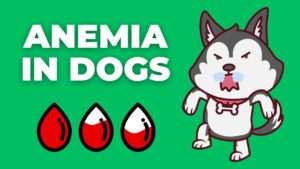
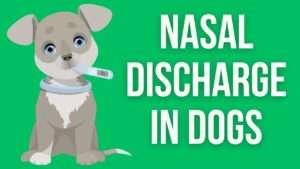
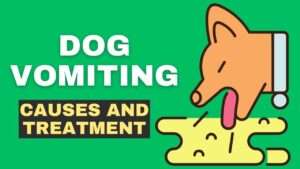
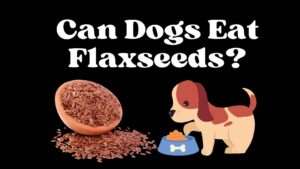
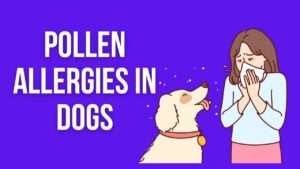
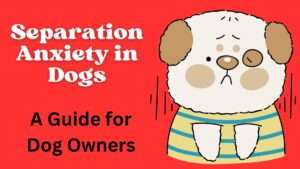
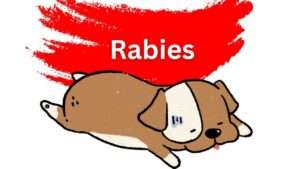



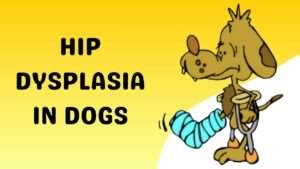




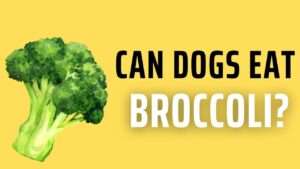
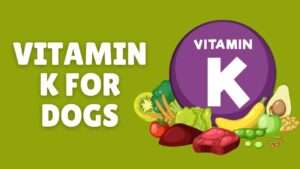


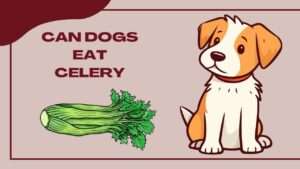


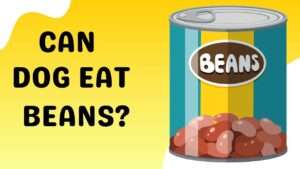








+ There are no comments
Add yours